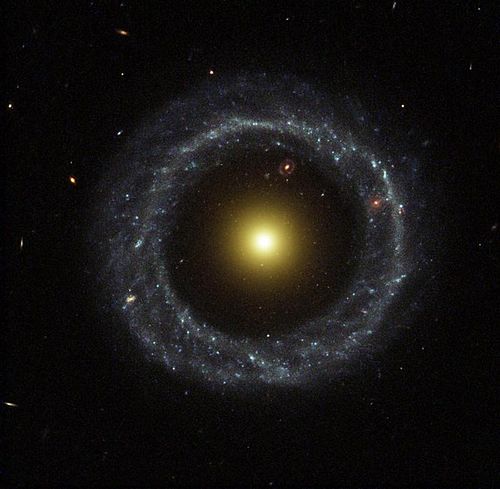How do you define astronomy?

What is Astronomy?
Well, astronomy is a science. It deals with the universe outside of the Earth’s atmosphere. It is possibly the last remaining science where amateurs working at home can continue to make significant contributions and provide valuable new data. Unlike most other sciences, astronomers have an enormous domain: They study the entire universe except that tiny bit we call home. Astronomers try to understand where it all came from. We look at comets and asteroids and meteoroids for clues as to how the Solar System formed. We look at the planets to try figure out how they are made and how they change over time. By studying their geology and atmospheres and comparing them to our knowledge of Earth (especially such useful things as predicting the weather, or earthquakes), we can figure out what we’ve got right and what we’ve got wrong. By building bigger and bigger telescopes to stretch our vision right to the furthest reaches of the universe, we can see what it looked like billions of years ago, and begin to understand where it all came from, which helps refine our knowledge of physics.
The scope for advancing human knowledge through astronomy is simply endless. To confuse it with Astrology (nothing more than fortune telling) is really an enormous mistake. While it’s true that they share a common root (even up to the Renaissance they were one and the same thing) and continue to share certain methods (systems to predict the motions of the planets), they are as different as chalk and cheese.
